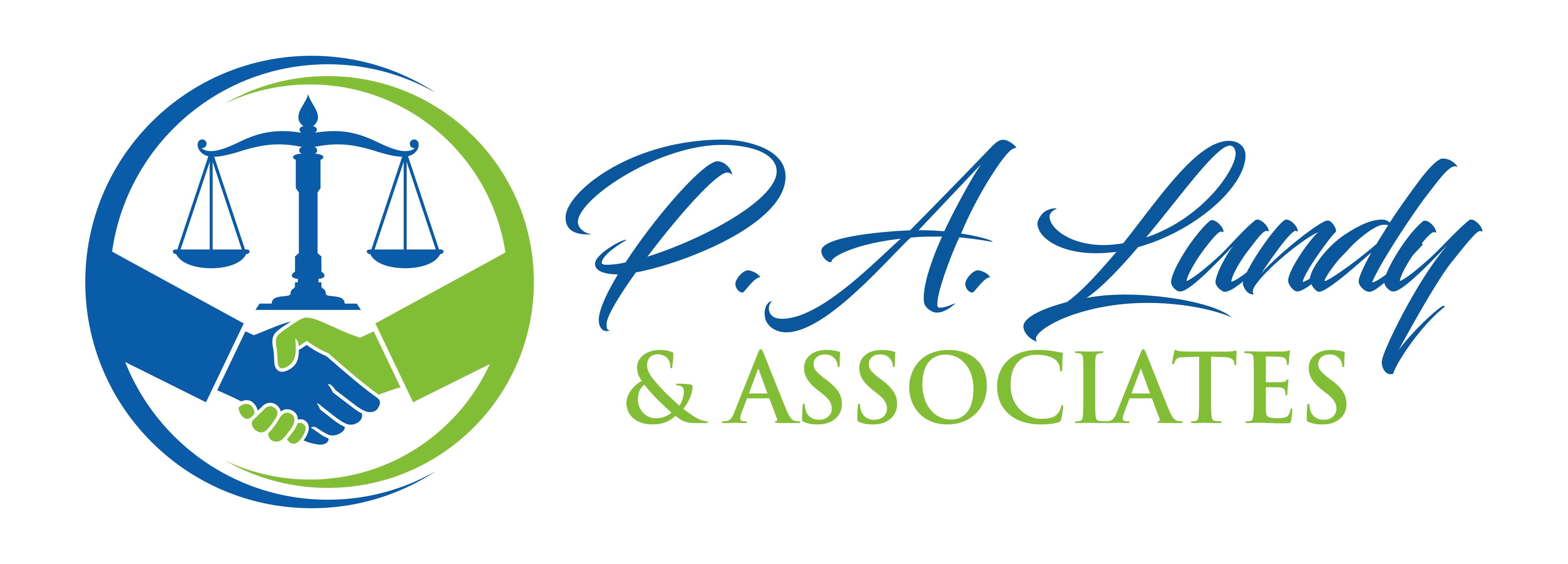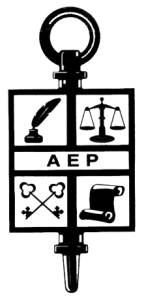Frequently Asked Questions
What is my “estate”?
Should I create a plan for my estate?
Can a Will be part of my estate plan?
What else can a will do?
What happens when someone dies without a will?
What is probate?
Also, probate is a public process that can be lengthy, costly, complex and emotional for your family. If you do not want your family to be subject to that, you may want to avoid probate.
How can I avoid Probate?
What are trusts?
What benefits do trusts offer?
What is an advance healthcare directive?
What is a power of attorney?
What is a guardianship?
What plans can I make for my pets?
Have more questions? Please contact us.
We would be happy to answer any questions you have. Please call us to book a 15-minute consultation so we can figure out the best way to help you.
(410) 405-7996
Superb Legal Advice
The Lundy Law Group provides excellent legal counsel in the areas of family and small business law. We’ve helped countless families and small businesses navigate the often confusing waters of the law. When you feel like you are drowning in information you don’t understand, the Lundy Law Group is your liferaft.
Qualified Attorney
Wills, Trusts and Estate Planning
Free Consultation
Get A Free Case Evaluation
We are here to help you with law questions








